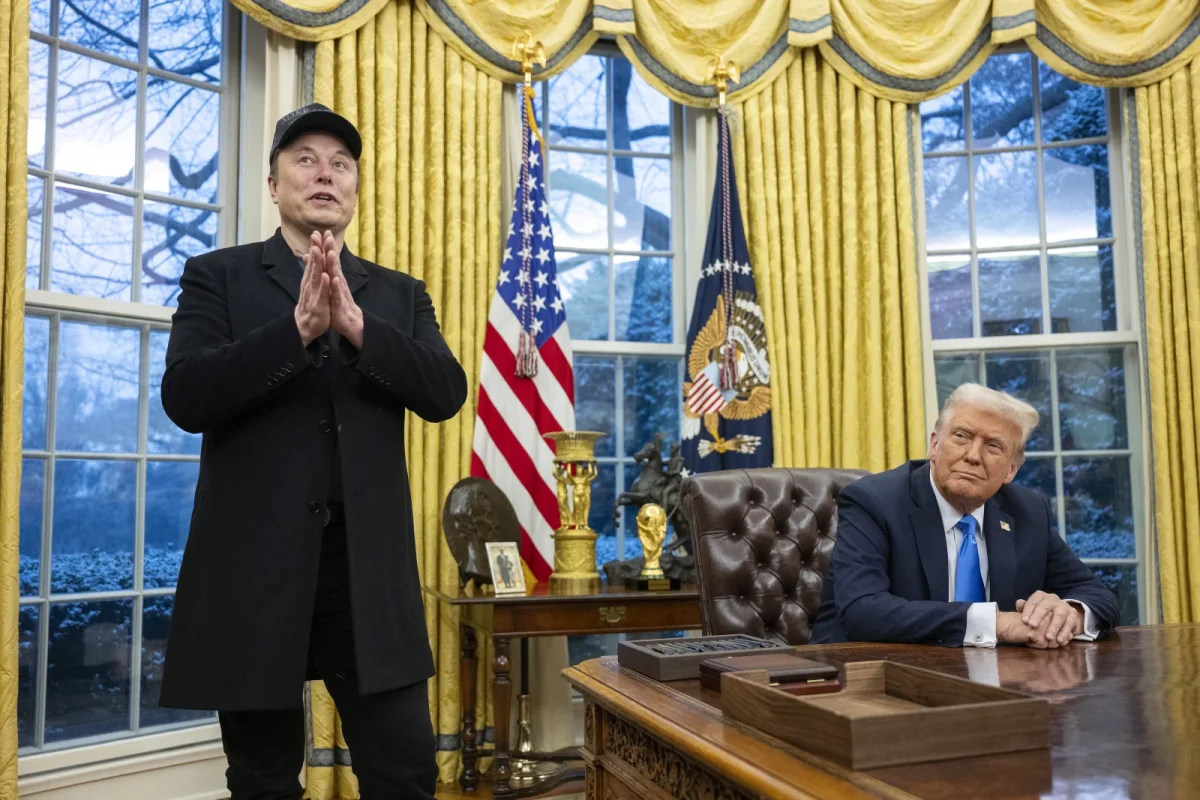There wasn’t enough coffee in the world to make people want to stay at last week’s Student Government Association meeting past 10 p.m., but they all had to. SGA was allocating money to all the groups that appealed their previous budget allocation; with 15 organizations vying for more money, the night got pretty dicey, and pretty long.
 There are several problems with the way this year’s supplementary allocations meeting was handled. We would never dispute allowing each group the time to present its case, but the meeting ran way too late. This is more than simply a problem of inconvenience. As the night wore on, senators began to filter out, and when 23 senators are needed to pass legislation, the later groups risk not being fulfilled since fewer senators are present. How is it fair that groups at the end of the night need a nearly unanimous vote to get their appeal passed, when groups at 6 p.m. need only a two-thirds or so vote?
There are several problems with the way this year’s supplementary allocations meeting was handled. We would never dispute allowing each group the time to present its case, but the meeting ran way too late. This is more than simply a problem of inconvenience. As the night wore on, senators began to filter out, and when 23 senators are needed to pass legislation, the later groups risk not being fulfilled since fewer senators are present. How is it fair that groups at the end of the night need a nearly unanimous vote to get their appeal passed, when groups at 6 p.m. need only a two-thirds or so vote?
In addition, it’s common sense that both those who present at 9 p.m. as well as the 9 p.m. version of the Senate are bound to be far fresher and on the ball, and less crabby, than those at 2 a.m.
An easy solution to this would be to split the meeting into two separate sessions, one on Wednesday and one on Thursday. Inconvenient? Perhaps. But necessary so long as there are that many groups who need a chance to make their feelings on their budget known.
But the entire process of listening to appeals seems to beg for tweaking. SGA began the budget appeal process with $4,000 dollars to allocate, and as each group presented the Senate would decide right then whether or not to fund their additional requested amounts. This is clearly unfair to groups presenting last, who are facing a panel with far less money to hand out. SGA should have heard all the groups make their cases, and then met separately to arrive at a decision about who gets what portion of the money.
It was a messy night, and several groups left feeling like they’d been short changed. But the solutions are easy: Split the meeting into two parts, decide on allocations after all the groups present, and make sure all the senators stick around to vote.
Or invent a super drug to get it all done in three hours. Whichever.











